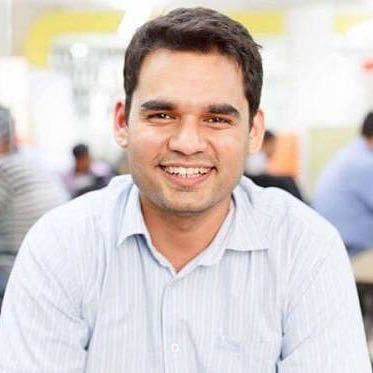
ABHIRAJ SINGH BHAL (PGP 2011)
COFOUNDER AND CEO – URBAN COMPANY
ET 40 UNDER 40 (2021)
Mr. Bhal is the Co-founder and CEO of Urban Company. Launched in Nov 2014, Urban Company is Asia’s largest managed marketplace for home services, with a presence in 55 cities across India, UAE, Singapore, Australia and KSA. The platform offers customers a variety of services at home, including beauty treatments, haircuts, massage therapy, cleaning, plumbing, carpentry, appliance repair, painting etc. To ensure quality control, Urban Company works closely with its service providers, enabling them with technology, training, products, tools, financing, insurance and brand. The company’s vision is to empower millions of professionals worldwide to deliver services at home like never experienced before.
Mr. Bhal’s exceptional entrepreneurial leadership and skills have won him numerous awards, including IIM Ahmedabad’s Young Alumni Achiever’s Award 2020, IIT Kanpur’s Young Alumnus Award 2020, ‘The Entrepreneur of the Year Award 2020’ by NASSCOM Technology & Leadership Forum, Fortune 40 under 40 (3 years in a row), Entrepreneur Magazine 35 under 35 for India in 2017 and GQ 50 most influential young Indians in 2017. He is the co-chair of the CII Ecommerce Council, a part of the National Startup Advisory Council, was a founding member of ACT Grants and part of its COVID-19 leadership team, and has been part of several policy initiatives in the domain of skilling and entrepreneurship.

